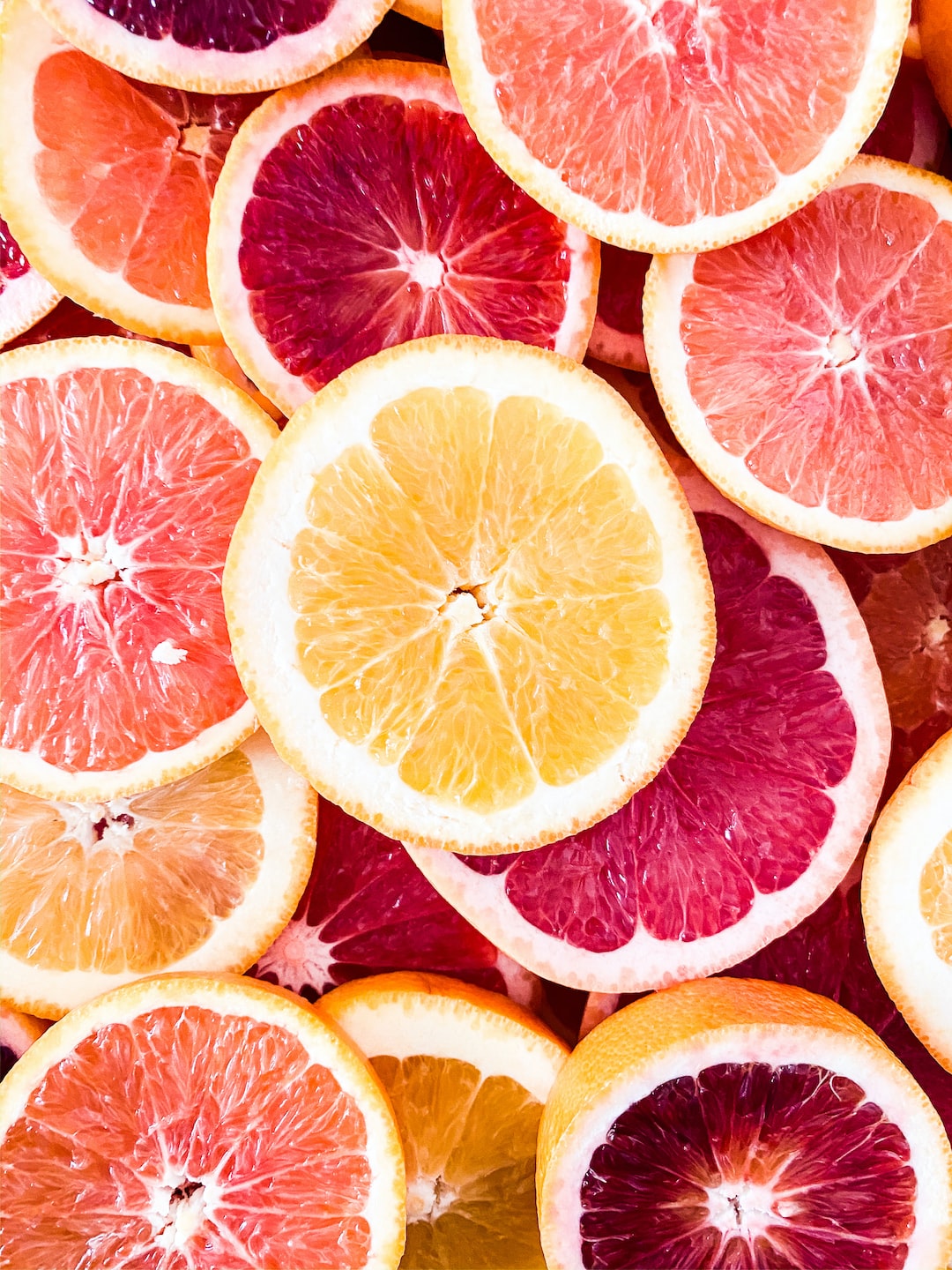Exploring the World of Fermented Foods: Health Benefits and Recipes
Fermented foods have long been a staple in many cultures around the world. From sauerkraut to kimchi, yogurt to kombucha, these foods have been valued not only for their unique flavors but also for their numerous health benefits. In this blog post, we will dive into the fascinating world of fermented foods, exploring their history, health benefits, and some delicious recipes you can try at home.
History of Fermented Foods:
Fermentation is a process that has been used for centuries to preserve food and enhance its flavor. The practice of fermenting foods dates back thousands of years, with ancient civilizations using this method to prolong the shelf life of perishable items.
Throughout history, fermentation has played a crucial role in the human diet. It was a means of food preservation, enabling people to have access to nutritious foods during times of scarcity. Additionally, the process of fermentation can break down complex compounds, making certain nutrients more readily available for absorption.
Health Benefits of Fermented Foods:
Fermented foods are not only delicious but also have a wide range of health benefits. Here are some of the reasons why you should consider adding fermented foods to your diet:
1. Improved Digestion: The fermentation process of these foods creates probiotics, which are beneficial bacteria that support the digestive system. Probiotics help balance the gut microbiota and aid in the breakdown and absorption of nutrients.
2. Boosted Immune System: Approximately 70% of your immune system is located in your gut. By consuming fermented foods rich in probiotics, you can help strengthen your immune system, as these friendly bacteria stimulate the production of antibodies and enhance immune response.
3. Increased Nutrient Bioavailability: Fermentation can increase the availability of certain nutrients, making them more easily absorbed by the body. For example, fermented vegetables have higher levels of vitamin C, while fermented dairy products contain more bioavailable calcium.
4. Alleviation of Digestive Disorders: Consuming fermented foods can alleviate symptoms of digestive disorders such as bloating, gas, and constipation. The probiotics present in these foods can restore a healthy balance of gut bacteria, reducing inflammation and promoting overall digestive health.
5. Mental Health Benefits: Emerging research suggests a strong connection between gut health and mental well-being. Fermented foods may positively impact mental health conditions such as depression and anxiety by improving gut health and influencing brain signaling pathways.
Delicious Fermented Food Recipes:
Now that we understand the immense health benefits fermented foods offer, let’s explore some delicious recipes you can try at home:
1. Homemade Sauerkraut: This classic fermented food is surprisingly easy to make. Shred fresh cabbage, sprinkle it with salt, and let it sit for a few days at room temperature. The cabbage will naturally ferment, creating a tangy and crunchy sauerkraut that pairs well with sandwiches and sausages.
2. Kombucha: This effervescent and probiotic-rich beverage can be made at home. Brew a combination of black or green tea, sugar, and a SCOBY (symbiotic colony of bacteria and yeast). Let it ferment for about a week, and you’ll have a refreshing drink with numerous health benefits.
3. Kimchi: Korean kimchi is a flavorful condiment made from fermented vegetables, typically cabbage and radishes. The process involves salting and fermenting the vegetables with additional ingredients like ginger, garlic, and chili. Kimchi adds a spicy kick to any meal and is packed with probiotics and vitamins.
4. Yogurt: Yogurt is a versatile fermented food that can be enjoyed on its own or incorporated into sweet or savory dishes. Simply heat milk and a starter culture, such as yogurt or probiotic capsules, until it thickens. Let it cool and ferment for several hours, resulting in a tangy and creamy yogurt packed with probiotics.
5. Fermented Pickles: To make your own crunchy dill pickles, soak cucumbers in a brine solution containing salt, water, and spices like dill and garlic. Set them aside for a few weeks, and you’ll have pickles that are not only delicious but also rich in probiotics.
Conclusion:
The world of fermented foods is vast and diverse, offering us a delightful variety of flavors and health benefits. From improving digestion to boosting the immune system and enhancing nutrient absorption, these foods have the potential to transform our well-being. By incorporating simple and delicious fermented food recipes into our diets, we can embark on a journey of exploring new tastes and reaping the rewards of improved health. So why not give fermentation a try and embark on a culinary adventure that will not only tantalize your taste buds but also nourish your body from within?

